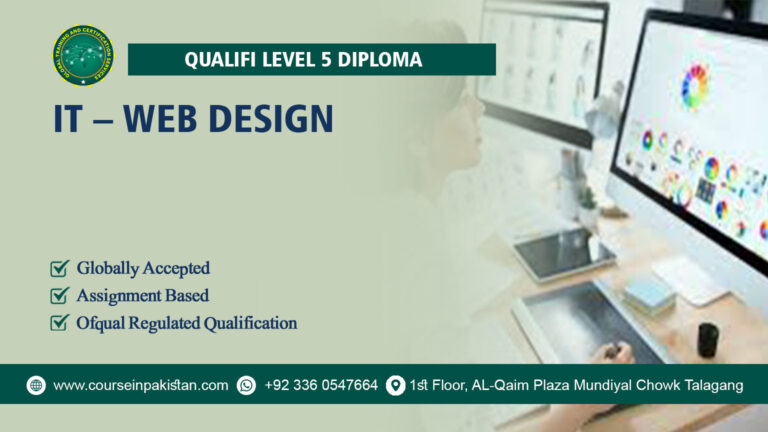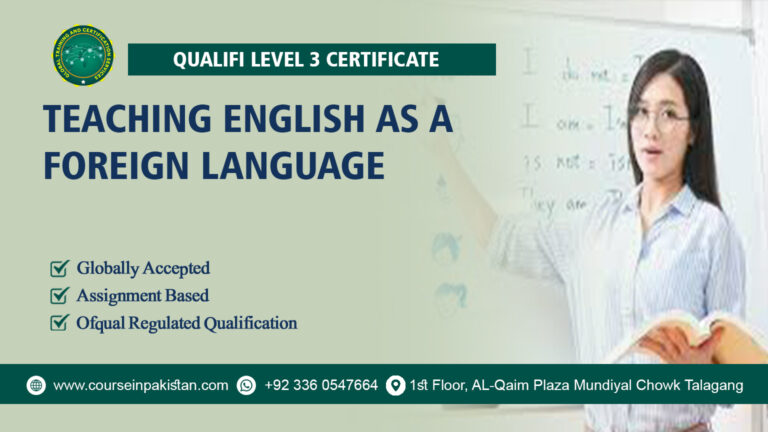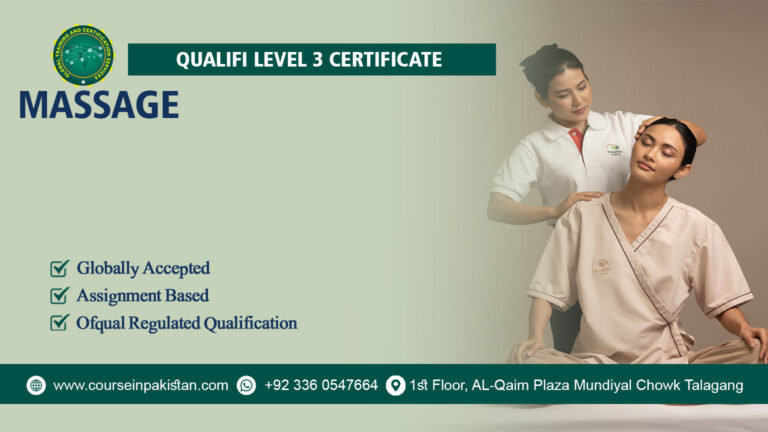
Qualifi Level 7 Diploma in Risk Management
In an era defined by rapid change and global connectivity, effective risk management is crucial for organizations seeking to safeguard their operations, optimize opportunities, and maintain resilience. The Qualifi Level 7 Diploma in Risk Management is a comprehensive program designed to equip professionals with the knowledge, skills, and strategies necessary to identify, assess, mitigate, and manage risks effectively across various sectors and industries.
The Qualifi Level 7 Diploma in Risk Management is tailored for individuals aspiring to specialize in risk management or enhance their existing expertise in this critical discipline. It offers a deep dive into risk assessment methodologies, risk mitigation strategies, regulatory compliance, and the integration of risk management into organizational processes.
This diploma program provides a holistic understanding of risk management principles and practices essential for protecting organizational assets, ensuring business continuity, and fostering sustainable growth. Participants will explore topics such as risk analysis, crisis management, operational resilience, corporate governance, and ethical considerations in risk management. The curriculum emphasizes practical applications through case studies, simulations, and real-world scenarios, preparing graduates to tackle complex risk challenges with confidence.
Course Benefits
Enrolling in the Qualifi Level 7 Diploma in Risk Management offers several advantages:
- Specialized Expertise: Develop advanced skills and knowledge in identifying, assessing, and managing risks across organizational functions.
- Strategic Insight: Gain insights into integrating risk management into strategic decision-making processes to enhance business resilience and profitability.
- Compliance and Governance: Understand regulatory frameworks and best practices in risk management to ensure organizational compliance and ethical standards.
- Career Advancement: Enhance career prospects with a recognized qualification that demonstrates expertise in risk management.
- Operational Efficiency: Improve organizational efficiency by implementing effective risk management strategies that mitigate threats and capitalize on opportunities.
Course Study Units
The curriculum includes comprehensive study units designed to build a strong foundation in risk management:
- Principles of Risk Management
Strategic Risk Management
Responsible Leadership and Governance
Organisational and Environmental Risk
Risk Analysis and Modelling
Advanced Research Methods in Risk Management
Each unit focuses on equipping participants with practical skills and theoretical knowledge necessary to excel in the field of risk management.
Learning Outcomes
By the end of the program, participants will:
Principles of Risk Management
- Risk Identification: Identify and categorize various types of risks that organizations may face.
- Risk Assessment: Apply principles of risk assessment to evaluate the likelihood and impact of identified risks.
- Risk Treatment: Develop strategies to treat risks, including risk avoidance, mitigation, transfer, or acceptance.
Strategic Risk Management
- Strategic Alignment: Align risk management strategies with organizational objectives and strategic goals.
- Risk Appetite and Tolerance: Define and establish risk appetite and tolerance levels within the organization.
- Decision Support: Provide decision-makers with insights and tools to make informed strategic decisions in light of risk considerations.
Responsible Leadership and Governance
- Ethical Leadership: Uphold ethical standards and practices in risk management decision-making.
- Governance Frameworks: Implement effective governance frameworks to oversee and manage risk management processes.
- Stakeholder Engagement: Engage stakeholders in risk management processes to ensure transparency and accountability.
Organisational and Environmental Risk
- Organizational Risk Assessment: Assess risks specific to organizational operations, structure, and culture.
- Environmental Risk Factors: Evaluate external environmental factors and their impact on organizational risk exposure.
- Risk Monitoring: Monitor changes in organizational and environmental risks to adapt risk management strategies accordingly.
Risk Analysis and Modelling
- Quantitative Analysis: Apply statistical methods and models to analyze and quantify risks.
- Scenario Analysis: Conduct scenario analysis to assess the potential impact of various risk scenarios on organizational objectives.
- Sensitivity Analysis: Perform sensitivity analysis to understand how changes in variables may affect risk outcomes.
Advanced Research Methods in Risk Management
- Research Design: Design and develop research methodologies relevant to risk management studies.
- Data Collection and Analysis: Collect, analyze, and interpret data to draw meaningful conclusions in risk management contexts.
- Research Ethics: Adhere to ethical principles and guidelines when conducting research in risk management.
These learning outcomes are designed to equip participants with the knowledge, skills, and competencies necessary to effectively identify, assess, manage, and mitigate risks within organizations. Graduates of the Qualifi Level 7 Diploma in Risk Management will be prepared to contribute to organizational resilience, sustainability, and strategic decision-making in diverse industries and sectors.
Who is This Course For?
The Qualifi Level 7 Diploma in Risk Management is ideal for:
- Risk Managers: Seeking to deepen their expertise and stay updated with best practices in risk management.
- Compliance Officers: Responsible for ensuring regulatory compliance and mitigating organizational risks.
- Senior Executives: Looking to integrate risk management into strategic planning and decision-making processes.
- Consultants: Providing risk management consultancy services to organizations across industries.
Future Progression
Graduates of the Qualifi Level 7 Diploma in Risk Management can pursue various avenues for career progression and professional development:
- Chief Risk Officer (CRO): Advance into senior leadership roles overseeing enterprise-wide risk management strategies.
- Risk Management Consultant: Provide specialized consultancy services to organizations seeking expertise in risk assessment and mitigation.
- Further Education: Pursue doctoral studies or specialized certifications in specific areas of risk management or related fields.
- Industry Leadership: Lead risk management initiatives within industries such as finance, healthcare, manufacturing, and more.
the Qualifi Level 7 Diploma in Risk Management empowers professionals to navigate the complexities of risk in today’s interconnected world. Whether aiming to protect organizational assets, optimize opportunities, or ensure compliance with regulatory requirements, this diploma equips individuals with the skills and knowledge to thrive as strategic risk management leaders. Embrace the opportunity to elevate your career in risk management and contribute to organizational resilience and success.






